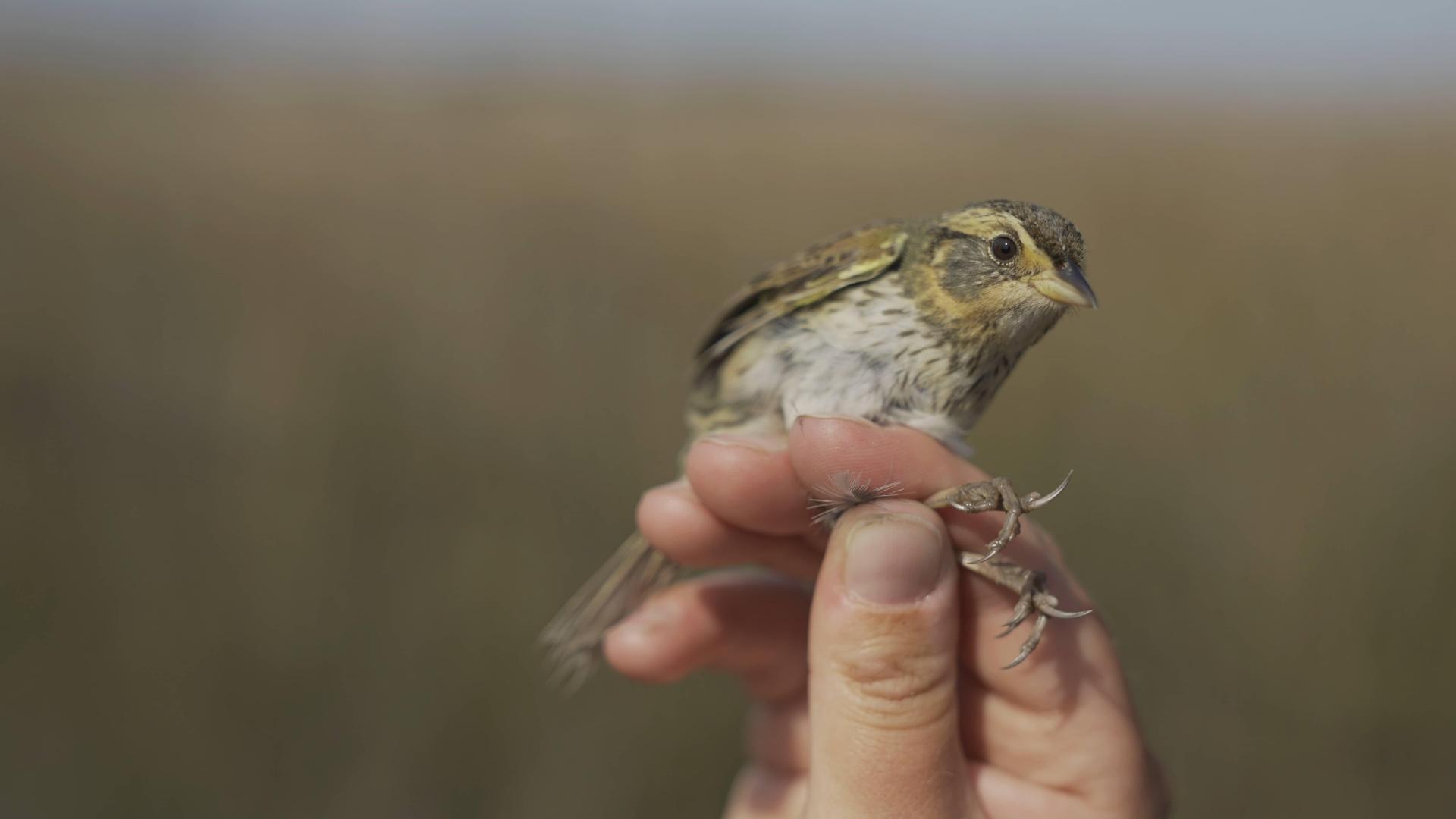
Films Curated by the Pulitzer Center
Includes a live discussion featuring Shifting Coastlines filmmakers, moderated by the Pulitzer Center. Including: Duy Linh Tu (Director, The Last Holdouts and Uprooted), Frank Graff (Co-director, Feeding the Beach), and Michelle Lotker (Director, Squeezing the Marsh and Resisting the Flood, co-director, Feeding the Beach) joined by journalist Rickey Ciapha Dennis Jr (The Post and Courier, Charleston, SC), and Ann Peters (Pulitzer Center)
NOTE: the films will not be broadcast live. They are meant to be watched separately.
Climate change is no longer a distant worry. It is happening now, and our structures and communities are not designed for the climate of the future and have become increasingly fragile.
Along the North Carolina coast, change is the only constant with storms, wind, waves, and water creating a dynamic landscape. Yet dramatic changes that could be observed within a generation now sometimes occur within a week. In Louisiana, the Indigenous People of Pointe-Aux-Chenes are fighting against climate change and coastal erosion that have irreversibly disrupted their livelihoods.
This program brings together a series of short films, supported by the Pulitzer Center and its Connected Coastlines Initiative, to explore how coastal communities around the United States are facing tough choices while creating innovative responses to climate change.
Connected Coastlines is the Pulitzer Center’s nationwide climate reporting initiative in U.S. coastal states. This initiative has supported 26 reporting projects, which has yielded 130 stories published by 39 media outlets on every U.S. coastline, including Alaska and Hawaii.
This reporting initiative is supported by the Howard Hughes Medical Institute's Department of Science Education, The One Earth Fund, The Hartfield Foundation, as well as the Pulitzer Center's many individual donors and funders.
The humble Saltmarsh sparrow lives in a habitat that's threatened by climate change. The marshes they live in are being squeezed out of existence —development on one side, and rising seas on the other. And marshes aren’t only important as bird habitats. Humans rely on them too. Follow along with researchers from UNC Wilmington as they survey the marshes. Director of Photography Miriam McSpadden.
- Year2021
- Runtime6 minutes
- CountryUnited States
- DirectorMichelle Lotker
Films Curated by the Pulitzer Center
Includes a live discussion featuring Shifting Coastlines filmmakers, moderated by the Pulitzer Center. Including: Duy Linh Tu (Director, The Last Holdouts and Uprooted), Frank Graff (Co-director, Feeding the Beach), and Michelle Lotker (Director, Squeezing the Marsh and Resisting the Flood, co-director, Feeding the Beach) joined by journalist Rickey Ciapha Dennis Jr (The Post and Courier, Charleston, SC), and Ann Peters (Pulitzer Center)
NOTE: the films will not be broadcast live. They are meant to be watched separately.
Climate change is no longer a distant worry. It is happening now, and our structures and communities are not designed for the climate of the future and have become increasingly fragile.
Along the North Carolina coast, change is the only constant with storms, wind, waves, and water creating a dynamic landscape. Yet dramatic changes that could be observed within a generation now sometimes occur within a week. In Louisiana, the Indigenous People of Pointe-Aux-Chenes are fighting against climate change and coastal erosion that have irreversibly disrupted their livelihoods.
This program brings together a series of short films, supported by the Pulitzer Center and its Connected Coastlines Initiative, to explore how coastal communities around the United States are facing tough choices while creating innovative responses to climate change.
Connected Coastlines is the Pulitzer Center’s nationwide climate reporting initiative in U.S. coastal states. This initiative has supported 26 reporting projects, which has yielded 130 stories published by 39 media outlets on every U.S. coastline, including Alaska and Hawaii.
This reporting initiative is supported by the Howard Hughes Medical Institute's Department of Science Education, The One Earth Fund, The Hartfield Foundation, as well as the Pulitzer Center's many individual donors and funders.
The humble Saltmarsh sparrow lives in a habitat that's threatened by climate change. The marshes they live in are being squeezed out of existence —development on one side, and rising seas on the other. And marshes aren’t only important as bird habitats. Humans rely on them too. Follow along with researchers from UNC Wilmington as they survey the marshes. Director of Photography Miriam McSpadden.
- Year2021
- Runtime6 minutes
- CountryUnited States
- DirectorMichelle Lotker
